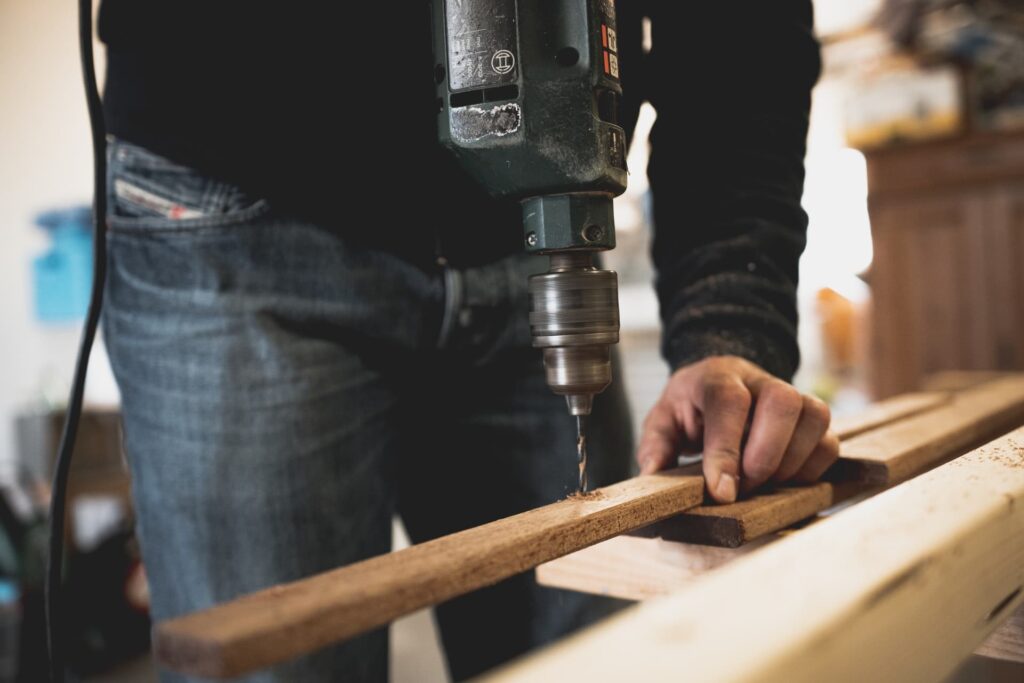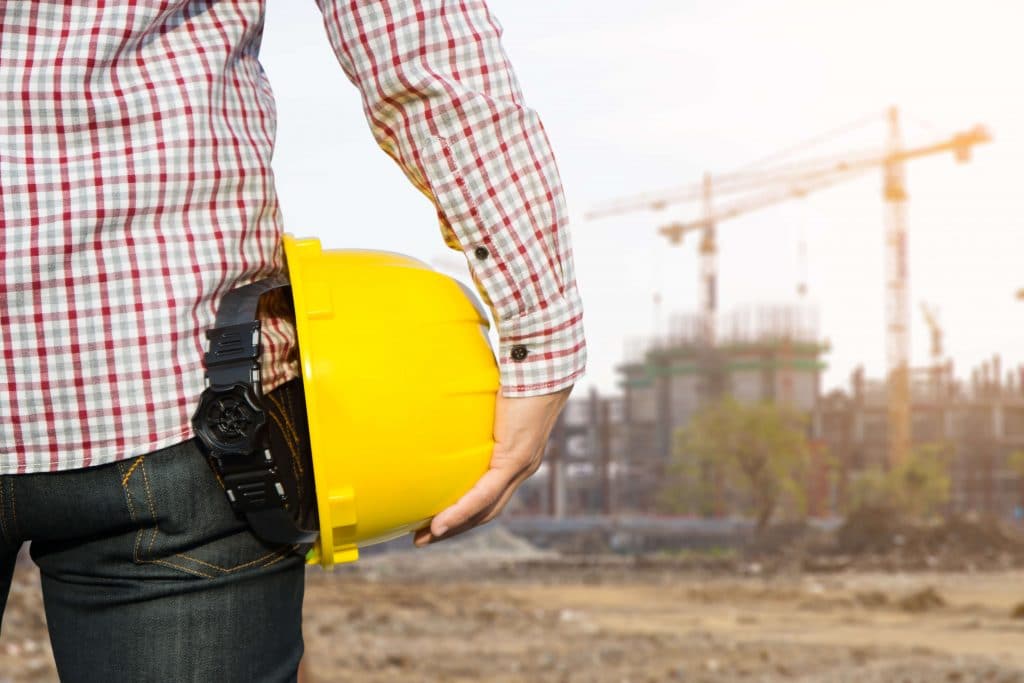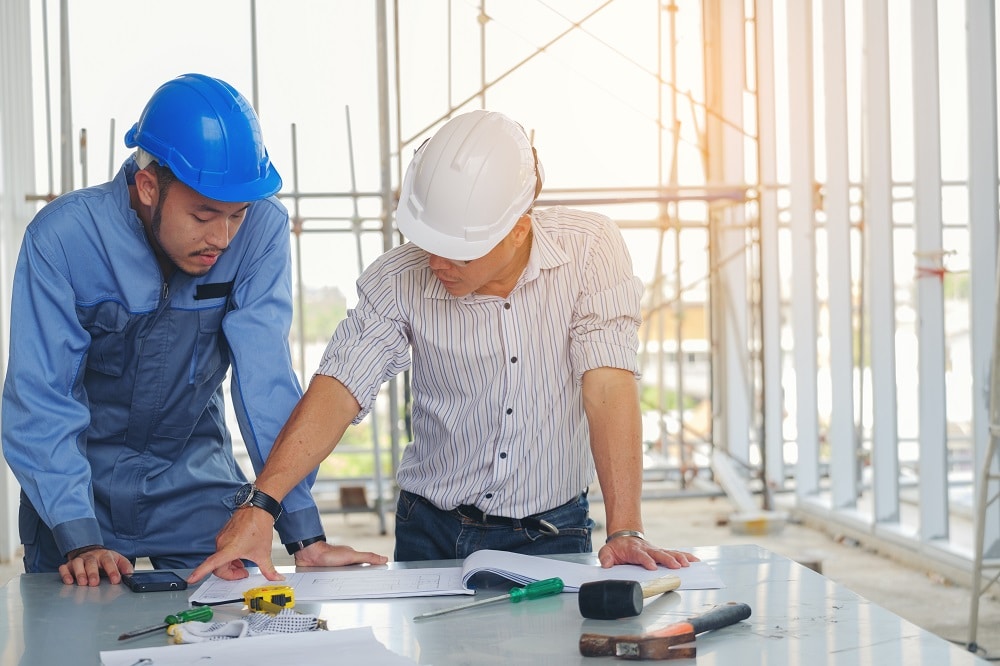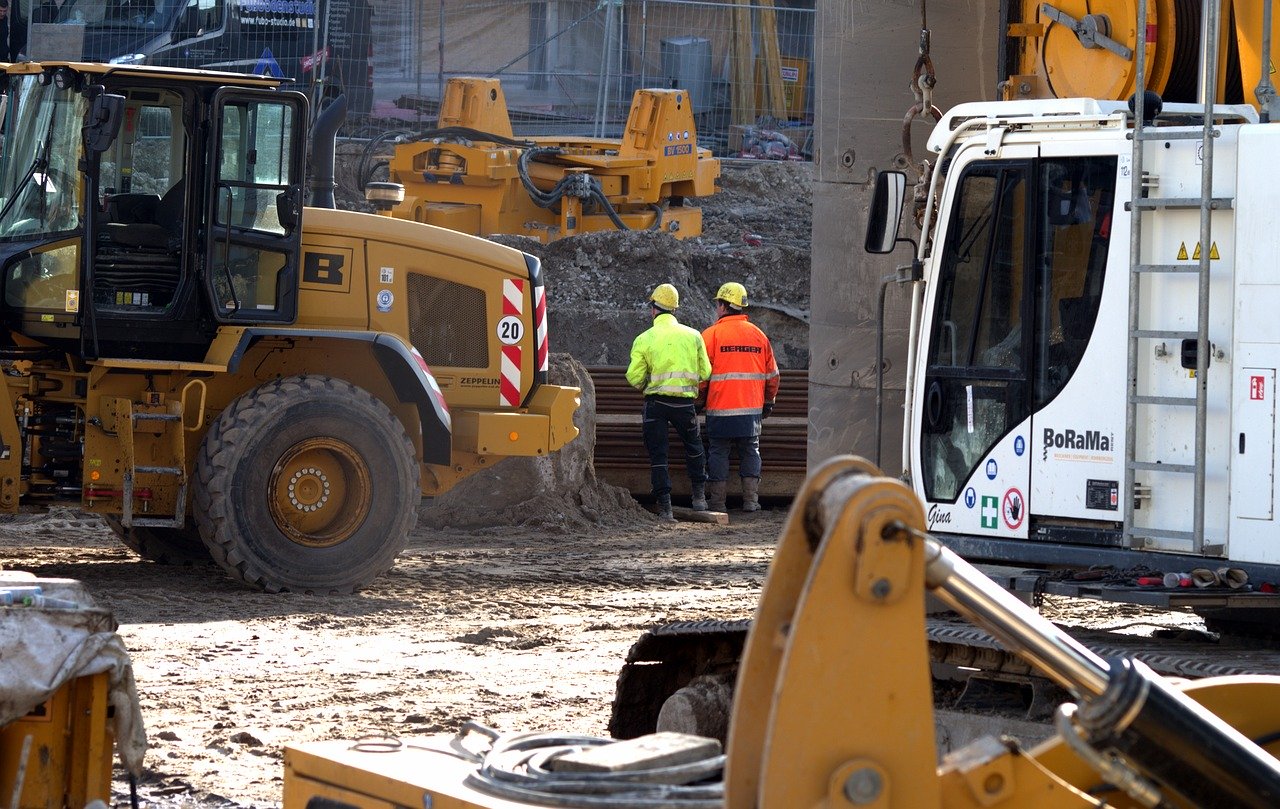Builders can work in many areas of the construction industry, and while some of those areas may require specific classes or certification, the main requirements for degrees are the same. In years past, it was common for builders to get their education right on the job, but that has changed.
Nowadays, almost all builders are beginning in the classroom and earning their associate’s degree in the field of construction. The courses that are included in obtaining this degree include introduction to construction, building codes, materials testing, and project scheduling. On the job training is still available, but most builders are taking advantage of that training after they graduate with their degree. The training can last anywhere from one month to a year, depending on how much knowledge the person already has. A two to six-year apprenticeship may also be necessary for some builders depending on the field that they are entering.
Once a builder has obtained their degree or learned this trade in another way, and they choose to construct homes, they can become credentialed through the Home Builder’s Institute. This is often an excellent step that shows that they are planning on continuing to enhance their skills as they keep working in the field.
While most builders will be finished with their schooling at that point, a few states do require their builders to obtain licenses for certain professional services that include carpentry, masonry, and other specialties.
Anyone who plans to become a builder will need to know how to read blueprints, troubleshoot problems of all kinds, calculate dimensions, and estimate how much material they will need to complete a job. Builders must also work well with other people, both on the job site and off, enjoy working outside in the elements, be capable of lifting heavy objects and operating heavy machinery, and be able to stand for long periods of time each day.
Read also: Construction foreman – what are the main responsibilities?
The job responsibilities of a builder can change from day to day, since no day is ever the same on a construction job site. While a good portion of a builder’s day will be supervising the other employees, and the project as a whole, those are only two of the dozens of items that they will do in a day.
Here are some of the many job responsibilities that a builder has each day:
- Be in charge of the building materials that are available and those that need to be ordered
- Supervise where the heavy machinery is and who is using it when
- Manage building contracts with each client
- Conduct field measurements of project sites
- Formulate blueprints and design projects
- Survey projects and select the ones to implement
- Review construction sites to check on progress and create reports accordingly
- Hire workers to complete the project
- Interact with employees and other people working on the project
- Supervise work on construction sites
- Prepare the budget and cost analysis for the entire project
- Meet with inspectors as well as supervisors to go over the progress so far and determine whether there are any problems or concerns
- Perform administrative tasks like compiling reports and making payments
- Arrange inspections
- Provide quotes
- Submit plans to local authorities for approval to obtain permits
- Perform building tasks as required
Since builders can work on so many different types of jobs, their workdays are often different each day, week, and even month. While most builders oversee, coordinate, and construct homes or other buildings, it is common for these professionals to work on other types of infrastructure as well.
This means that they need to be knowledgeable in so many areas and be able to solve problems as soon as they pop up. This is not easy, and many people think that they want to be in this field until they realize how stressful the work really is.
Of course, the hours are also unreliable, as some days end up being much longer than others. This is not a typical nine to five job and builders will often find themselves arriving at the job site, or simply beginning their work at home, as early as five or six in the morning. That early start allows them to get a head start on paperwork, change orders, and get communication sent out on what needs to be completed that day.
When the rest of the workers arrive, it is time for the real work day to begin, and depending on the work, it could take hours longer than planned. While there are times when a builder, and the rest of the employees, can leave and just start up again the next day, there are some scenarios when this is impossible. Therefore, builders should be prepared to miss social engagements and family time on occasion when the job requires them to be present.
Every builder needs to understand that they need to think quickly on their feet in any type of situation, so this is one of the main skills that they will want to perfect as they are getting into this industry. Everything else will come with experience, although there will be many scenarios that are new and different in the future. However, they just keep every builder looking for ways to improve their skills and their knowledge.




